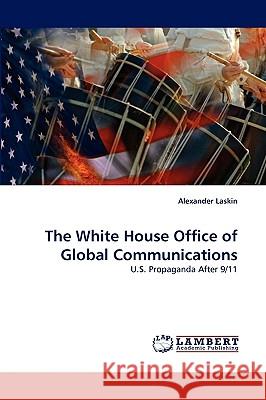The White House Office of Global Communications » książka
The White House Office of Global Communications
ISBN-13: 9783838354682 / Angielski / Miękka / 2010 / 172 str.
September 11, 2001, meant the end of a generally peaceful era for the United States: the "post-cold-war" era. New threats emerged and the country found itself engaged in several wars simultaneously. To carry out a rhetorical response to these new challenges internationally, a new organization was created, the White House Office of Global Communications. However, the communicative efforts of the United States failed - although most of the world showed support for the United States immediately following 9/11, today the country is perceived negatively around the globe. As a result, it becomes vitally important for the United States to learn what mistakes the White House Office of Global Communications committed and, based on that, what the country should be doing differently to improve its image globally. This book can be useful for students and professionals in the areas of international communications, government relations, public diplomacy, public relations, and marketing.
September 11, 2001, meant the end of a generally peaceful era for the United States: the "post-cold-war" era. New threats emerged and the country found itself engaged in several wars simultaneously. To carry out a rhetorical response to these new challenges internationally, a new organization was created, the White House Office of Global Communications. However, the communicative efforts of the United States failed - although most of the world showed support for the United States immediately following 9/11, today the country is perceived negatively around the globe. As a result, it becomes vitally important for the United States to learn what mistakes the White House Office of Global Communications committed and, based on that, what the country should be doing differently to improve its image globally. This book can be useful for students and professionals in the areas of international communications, government relations, public diplomacy, public relations, and marketing.











